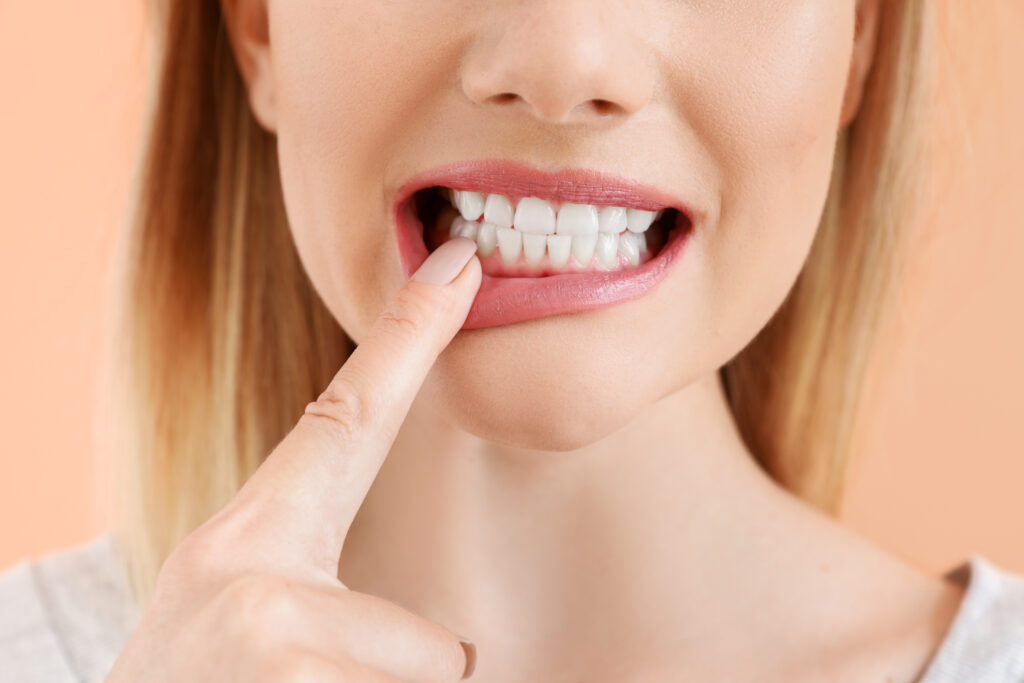When you experience the early stages of gum disease, such as sore and bleeding gums, you should see our team for treatment. With a deep cleaning, also known as a scaling and root planing, our team can help manage the issue to keep your smile whole and limit your risk of inflammatory concerns. In today’s blog, your Brooklyn, NY, periodontist and implant expert talks about the scaling and root planing process.
The Causes and Warning Signs of Gum Disease
What happens to cause gum disease to develop in our smiles? The issue begins when the gums become irritated and inflamed, which leads to gingivitis. Without treatment to manage gingivitis, the tissues pull away from the teeth to form pockets for disease-causing bacteria to enter, which then leads to periodontal disease. Factors behind your initial inflammation could include poor brushing and flossing habits, infrequent dental cleaning visits, a diet high in sugar and starch, and the presence of inflammatory illnesses. The use of certain medications and a family history of the disease could also be a factor.
You should see us right away when you begin to experience common warning signs. For example, if you have sore, red, or bleeding gums, then consider a visit for a diagnosis. Otherwise, you risk the onset of the periodontitis stage, the one linked to adult tooth loss!
Help with a Deep Cleaning
If we find that you have periodontal disease, then we can help manage it with a deep cleaning. The scaling and root planing procedure involves our team using an ultrasonic scaling device to remove plaque and tartar buildup from the teeth and exposed roots. The device emits gentle vibrations to help thoroughly remove harmful buildup, and we can use a pick to address any stubborn portions. Since the procedure is more vulnerable than a traditional cleaning, we will numb your smile beforehand. The procedure could take one visit or as many as four, it all depends on the severity of your buildup. We complete the process by polishing your teeth, which makes it more difficult for plaque and tartar buildup to adhere to them.
What Happens Next?
After the procedure, we could discuss using a cleaning or Supportive Periodontal Maintenance every three to four months to continue to control buildup and manage your disease. We also discuss better homecare habits to better manage your oral health, such as improved brushing and flossing, and a healthier diet.
Schedule a Periodontic with the Team at Brooklyn Periodontics
Our team knows how to manage gum health to safeguard your smile and your overall health too! To find out more about our services or to schedule a consultation, please call Brooklyn Periodontics & Implantology in Brooklyn, NY at (718) 444-3800 today.



